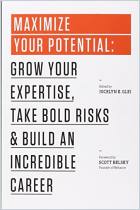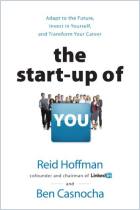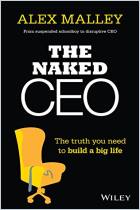
What I Wish I Knew When I Was 20
A Crash Course on Making Your Place in the World
Read or listen offline
Recommendation
Tina Seelig, practice professor at Stanford University, offers an engaging perspective on making the shift from college to your career path with grace and finesse. Using her unique understanding as a neuroscientist working in innovation and entrepreneurship, she provides tips on how to unlock your creativity and achieve your goals. Much of Seelig's writing resonates as common sense, but she presents her ideas dynamically and illustrates her points with examples from Stanford University and Silicon Valley. Her advice will be valuable for those just starting their careers and for those seeking to reinvigorate them.
Summary
About the Author
Tina Seelig, PhD, teaches entrepreneurship and innovation in the Stanford Technology Ventures Program (STVP).


















Comment on this summary or Comenzar discusión